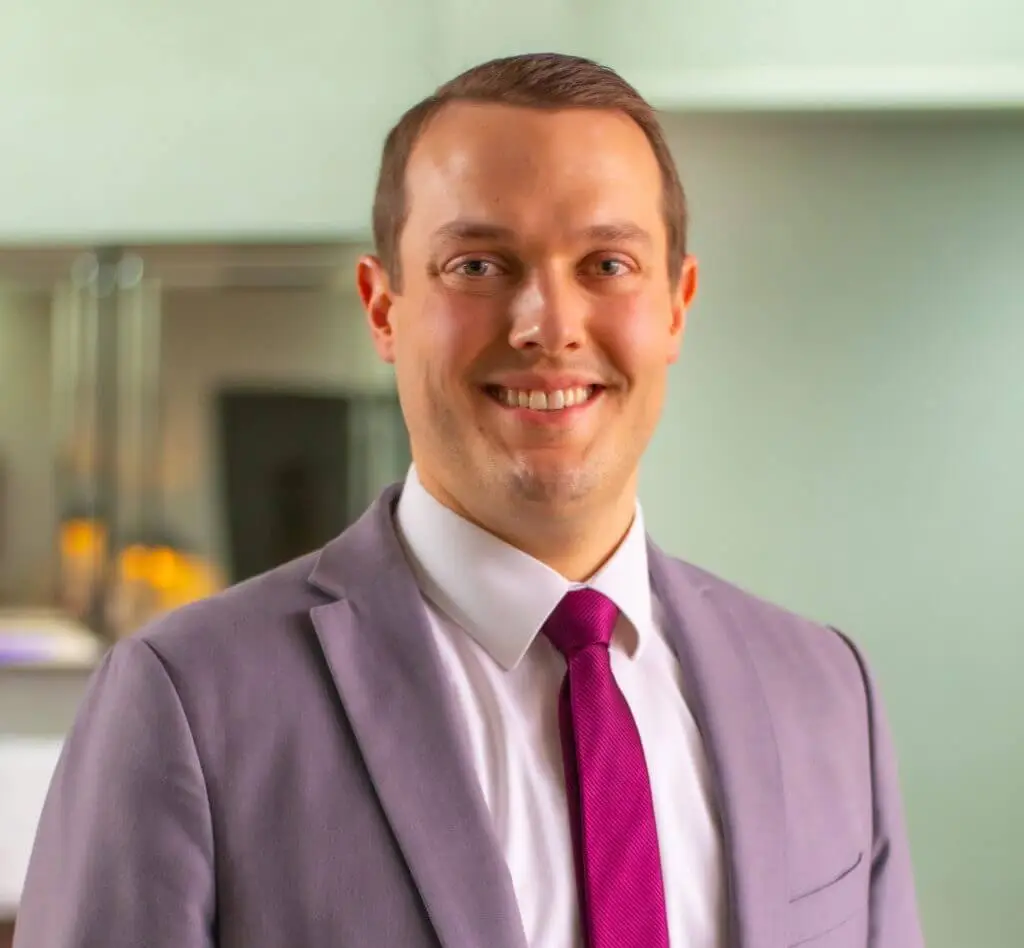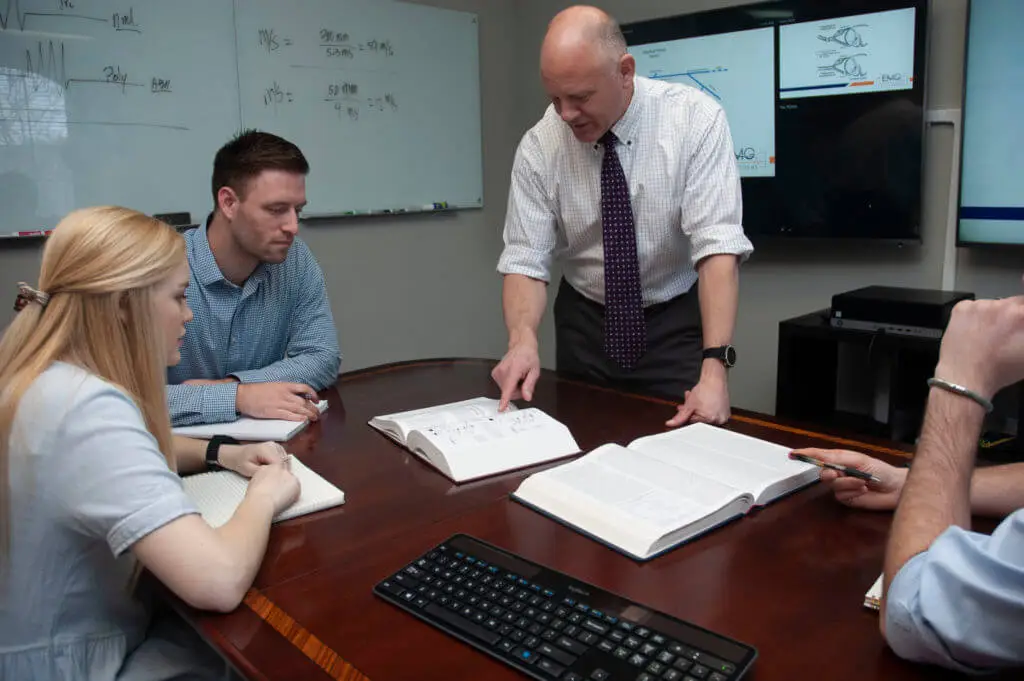You have been working as a physical therapist for years treating all sorts of conditions, but you are looking to specialize and set yourself apart from others while also expanding your future options. You are seeing the trend in physical therapy reimbursement and are looking for ways to help supplement or offset the decline. The physical nature of working as a physical therapist is starting to wear on your body, so you are looking for an option that may not strain your body as much as it currently does. You are interested in how the nerves work and how to assess their function or dysfunction. These may be a few reasons why you have, or may decide to, embark on the journey to become a board certified electrophysiologic clinical specialist (ECS). I fit into a couple of those descriptions, took the leap, and began my journey just 11 months ago.
As I reflect on the beginning stages in my training as a resident, here are 5 lessons or tips to consider for any prospective or novice electrophysiologists:
- Ask Questions
- The More Mentors the Merrier
- Get Good at the Foundational Skills
- Learn from the Critical Feedback
- The Anxiety Will Decrease
Ask Questions
A lot of your learning comes from doing, but in the beginning stages, you will be doing a lot more shadowing and observing than doing. When watching your mentor perform the studies, ask questions about why they do what they do. Ask about their thought process as they progress through the study. Ask them about what they are seeing during the EMG portion of the test. Ask about what the abnormal findings mean. Whatever the case, be proactive in your learning. Don’t wait for your mentor to share information whenever they think it would be beneficial or for them to ask questions to assess your understanding. It never hurts to ask questions. It will only further your education.
The More Mentors the Merrier
Each electrophysiologist will perform their studies a little different, but that doesn’t mean they are doing it wrong. If you only have one mentor, you will only learn one way to do it. If you can get access to more mentors, you will learn more ways to perform your studies. You will find yourself in situations where the normal process or technique you use may not work for a patient, so if you have been exposed to different strategies, you can recall and try those strategies. The more you see, the more tools you have.
You will also have access to different thinking processes. This will help as you evaluate the data you’ve collected. It will also help you in your report writing as it will shape how you present the data, findings, and how you word all aspects of your report. As you are in contact with more opinions and options while observing and being taught, you will learn and develop your own way to perform the studies and write the reports and have a reason behind all of it.
Get Good at the Foundational Skills
For me, one of the hardest things when beginning as an electrophysiologist is being able to gather all the data needed in the time frame given and ensuring that the data is good. When you first start out, you will be learning very simple skills that are the most important. You will want to get good at them because it will make your data more accurate and data collecting more efficient.
These skills include, but are not limited to, a thorough but efficient clinical exam, accurate measurements and markings, and careful and unrushed EMG work. These will be your foundation and will ensure the data you get should be accurate. The efficiency comes with time and a lot of studies performed. As you see more types of people and conditions, you will get faster and learn different strategies to help you collect the data and be more resolute and confident in your thought process. When you find yourself in a difficult or unsure situation- and you will- you will be more confident in your data if you have done your job with the foundational skills,
Learn from the Critical Feedback
You should receive feedback, either verbal or in writing, throughout your mentorship. It may occur while performing the study or in review afterward. No matter the method of feedback, it is going to be some of the most important information you receive. At times, the feedback you receive may feel very personal and may even hurt. The best thing you can do is to humbly reflect on the feedback, not take it personally, and know that the mentor has your best interest in mind with the feedback. Your humility in accepting the feedback will make you a better clinician and electrophysiologist.
The Anxiety Will Decrease
This next section may only apply to me and who I am, but I highly doubt it. Throughout your training, you will be put into situations you do not feel prepared for and may make you feel anxious. This anxiety may start as early as when you first perform the history and physical exam before the actual nerve testing. It may come when you are measuring and marking the arm or leg for the first time. And it will definitely come when you first start performing the needle EMG. You will get over these anxieties quickly. Later, it will come when you are in a room by yourself performing a study without your mentor by your side or when you get a referral to evaluate for a myopathy.
The anxiety you feel will ultimately be for your benefit- so long as you don’t let it get the best of you. The most important thing you can do, and remember, is to breathe, slow down, and rely on the training and feedback you have been given in the past. Trust yourself and the foundational skills you have been developing. Sooner or later, and after hundreds of studies performed, the anxiety will be minimal, and you will have a great tool bag of tricks and skills to be able to adapt to all sorts of situations and patients.
These last 11 months have been challenging, enriching, tiring, but very rewarding. I wish I could go back to my past self and share these tips and lessons. Since I can’t, I hope that you will be able to benefit from them as you continue with and progress in your journey as an electrophysiologic!

Randy Hulet, PT, DPT
EMG Solutions 2021 Clinical Electrophysiology Resident


